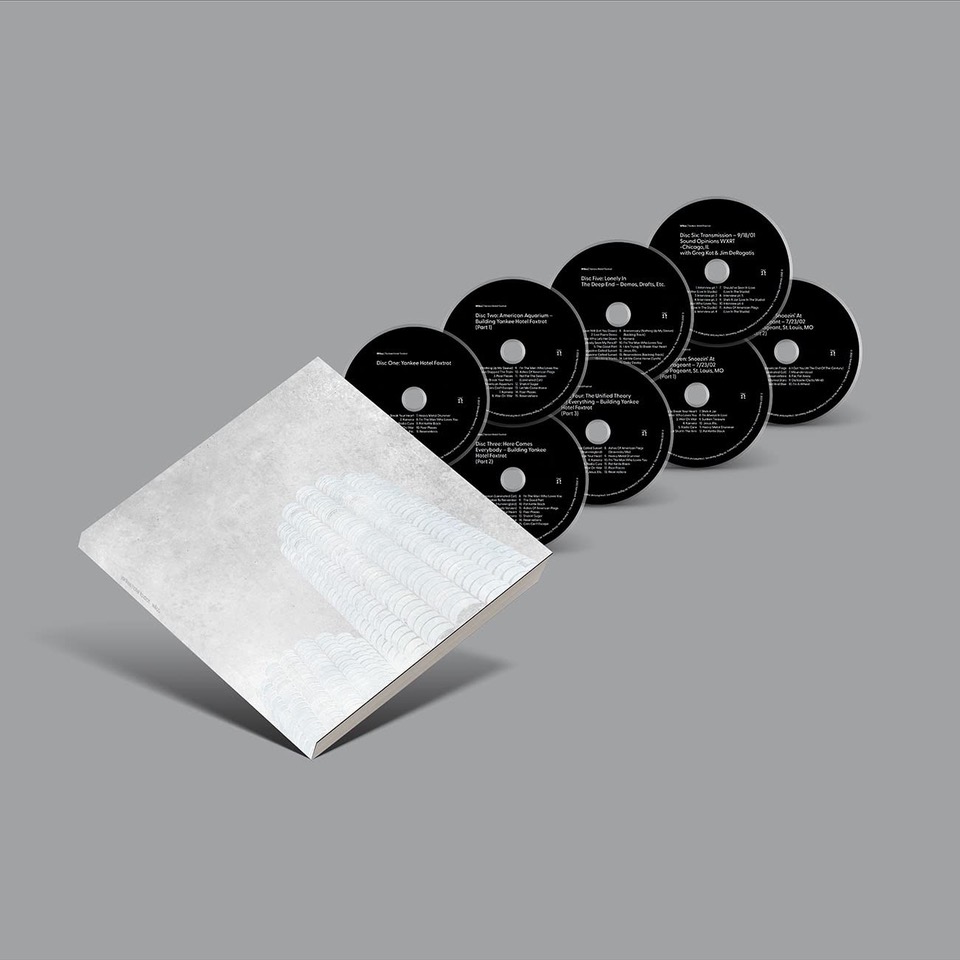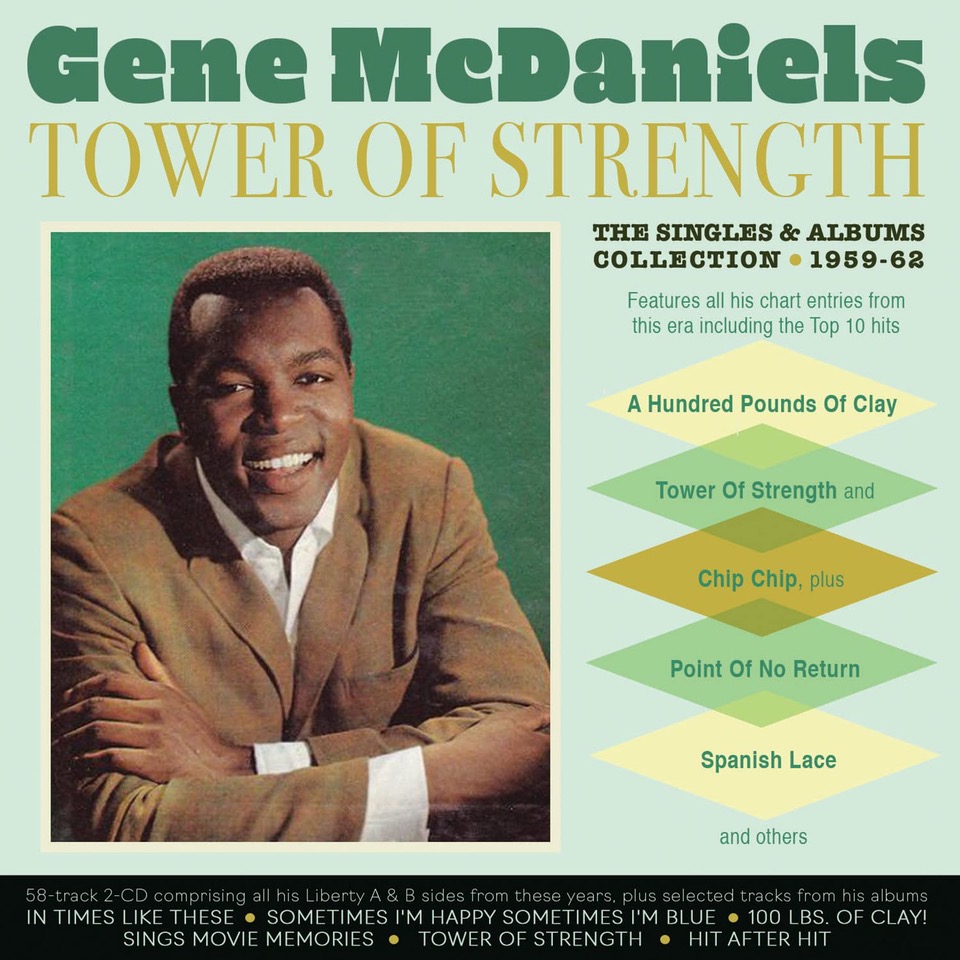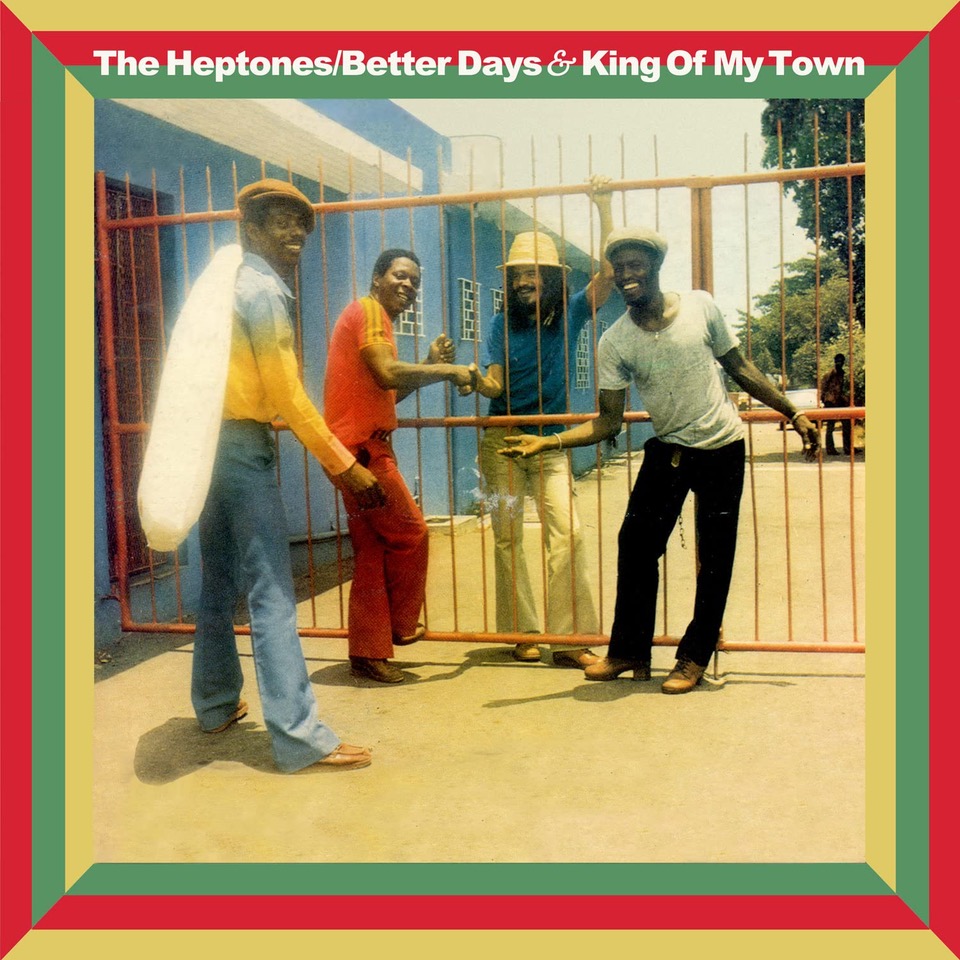In 2001, when Wilco presented Yankee Hotel Foxtrot to Warner/Reprise, the company famously deemed it insufficiently commercial. The label said it would not issue the record as is – a decision that now seems about as foolish as Columbia’s refusal to approve the U.S. release of Leonard Cohen’s Various Positions LP, which includes the classic “Hallelujah.” Wilco got its finished tapes back from Warner/Reprise and, in September 2001, began streaming the music on its website. Subsequently issued by Nonesuch in April 2002, Yankee Hotel Foxtrot became the group’s fastest-selling CD and has since come to be regarded as Wilco’s best effort. In fact, it has earned a place on multiple best-albums-of-all-time lists.

Listening to the record today, it’s easy to understand what made Warner/Reprise uncomfortable – but even easier to see why its executives made the wrong call. The group’s first two albums, A.M. and Being There, are solid alt-country efforts that take up where Uncle Tupelo, Wilco’s antecedent, left off, but they are not revolutionary. Summerteeth, its third album, is a bit of a different story, though, with darker lyrics and more adventurous, sometimes discordant music. And Yankee Hotel Foxtrot, the group’s fourth CD,takes matters much further, introducing abrupt tonal shifts, feedback, electronic embellishments, and even deliberately placed static.
It works beautifully, though, thanks to brilliant pacing; Jeff Tweedy’s nuanced vocal work and intriguing although sometimes abstruse lyrics; the consistently satisfying and well-performed music, which Tweedy composed, in several cases in collaboration with guitarist Jay Bennett; imaginative production; and satisfying, complex arrangements.
A fascinating – and fat – new box set, timed to coincide with the 20th anniversary of the album’s original release, dwarfs the deluxe editions of Wilco’s first three LPs. It delivers everything a fan could want on eight CDs, including a remaster of the 2002 album, three discs of material that evolved into the final recording, and a CD with additional demos, instrumentals, and assorted other leftovers. Also included is a disc with audio from a radio appearance by Wilco in Chicago, the group’s hometown, exactly one week after 9/11. The appearance – on the same day the group first posted the album on its website – features five musical performances and nearly an hour of conversation. Finally, the box (which is also available on vinyl) devotes two discs to a 22-song St. Louis concert that embraces all but one of the songs from Yankee Hotel Foxtrot as well as some earlier standouts.
All told, the anthology contains 102 selections, nearly all of which have not been officially released before. (The only exceptions are the tracks from the original album and one song from the radio appearance.) Also featured is a well-illustrated book that incorporates the transcript of a new conversation with Tweedy and Wilco drummer Glenn Kotche, producer Jim O’Rourke, and reissue producer Cheryl Pawelski. In addition, there’s an extensive essay by journalist Bob Mehr titled, “The Making of Yankee Hotel Foxtrot and the Remaking of Wilco.”
The main attraction, though, is the previously unavailable music. The well-recorded St. Louis concert, which finds the band in peak form, is a great showcase for its best work up to that point. And listening to the various early versions of each of Yankee Hotel Foxtrot’s songs – some of which vary significantly from the final ones – offers insights into the group’s creative process.
Still, like many “super deluxe” box sets, this one is likely to appeal mainly just to serious fans. Not everyone will want to work their way through six variations of “I Am Trying to Break Your Heart,” for example, or an equal number of takes of “Ashes of American Flags” – especially since it’s generally the best rendition of each song that wound up on the 2002 album.
Happily, those who want to dip a toe in the water rather than get waist-deep in Wilco can opt for a two-CD version of the anniversary release that couples 18 of the most interesting bonus tracks to the remaster of the great original album.
Also Noteworthy

Gene McDaniels, Tower of Strength: The Singles & Albums Collection 1959–62. The earliest recordings by Gene McDaniels, such as 1959’s “Once Before” and “In Times Like These,” took aim at the easy-listening market. The vocal work was impressive, but the sales were not, so with the help of producer Snuff Garrett, the singer turned toward rock-influenced pop.
Bingo. McDaniels, who died in 2011, almost immediately scored with 1961’s “A Hundred Pounds of Clay” and “A Tear,” which were both co-written by Luther Dixon and went to No. 3 and 31, respectively, on the pop charts. And in little more than a year, McDaniels followed those successes with four more catchy hits, all from top Brill Building songwriters: Burt Bacharach and Bob Hillard’s “Tower of Strength” (No. 5); “Chip Chip” (No. 10), whose composers included the prolific Jeff Barry; Gerry Goffin and Carole King’s “Point of No Return” (No. 21); and Doc Pomus and Mort Shuman’s “Spanish Lace” (No. 31). All these recordings show up in this 58-track collection, which includes both sides of every McDaniels single from his 1959 through 1962 peak period as well as selected tracks from his contemporaneous albums.
The anthology – which comes with a 20-page booklet that features an essay about the artist’s career – suggests that the rock-oriented material was a bit of an aberration. McDaniels does offer a few rock-flavored tracks, such as a version of Dee Clark’s “Raindrops” and Bill Cook’s “You Can Have Her,” which produced a hit for Roy Hamilton. What predominates, though, are the sort of easy-listening ballads that McDaniels started with. He draws on the Great American Songbook for numbers like George and Ira Gershwin’s “Love Is Here to Stay,” Meredith Willson’s “Till There Was You,” and Richard Rodgers and Oscar Hammerstein’s “It Might as Well Be Spring.” McDaniels also covers successful pop ballads of his era such as “Love Me Tender,” the Elvis Presley smash, and “It’s All in the Game,” the Tommy Edwards number. Whether driving down the middle of the road or taking side trips into rock, McDaniels consistently impresses with smooth, polished vocal work.
Incidentally, though this anthology covers his days as a hit-making performer, McDaniels subsequently enjoyed a notable second career as a producer and songwriter. He wrote Roberta Flack’s chart-topping “Feel Like Makin’ Love” as well as “Compared to What,” which Flack also recorded and which has subsequently been covered by many artists, most notably the jazz duo of Eddie Harris and Les McCann.

The Heptones, Better Days & King of My Town. The Heptones, a Jamaican vocal trio that enjoyed its biggest successes in the 1960s and 1970s, arguably peaked with 1977’s Lee “Scratch” Perry–produced Party Time. Two of their subsequent albums, 1978’s Better Days and 1979’s King of My Town, were almost as good, however. Both are featured on this two-CD reissue, which adds 17 dub versions and disco mixes as bonus tracks and includes an illustrated booklet with extensive notes about the group and its recordings.
Better Days is loaded with well-arranged numbers that make good use of the Heptones’ superb harmonies. Highlights include “Key to the Heart,” which was written by the group’s own Naggo Morris and Barry Llewellyn, and covers of two American hits: Elvis Presley’s “Suspicious Minds” and Tommy James and the Shondells’ “Crystal Blue Persuasion.” The fun continues on King of My Town, which showcases lead vocals that rival anything that came out of Jamaica during this era. Among the high points here are “Losing You,” a number from the American R&B group the Mad Lads; Llewellyn’s “Behold”; and a cover of the Beatles’ “A Hard Day’s Night.”
Jeff Burger’s website, byjeffburger.com, contains five decades’ worth of music reviews, interviews, and commentary. His books include Dylan on Dylan: Interviews and Encounters, Lennon on Lennon: Conversations with John Lennon, Leonard Cohen on Leonard Cohen: Interviews and Encounters, and Springsteen on Springsteen: Interviews, Speeches, and Encounters.



